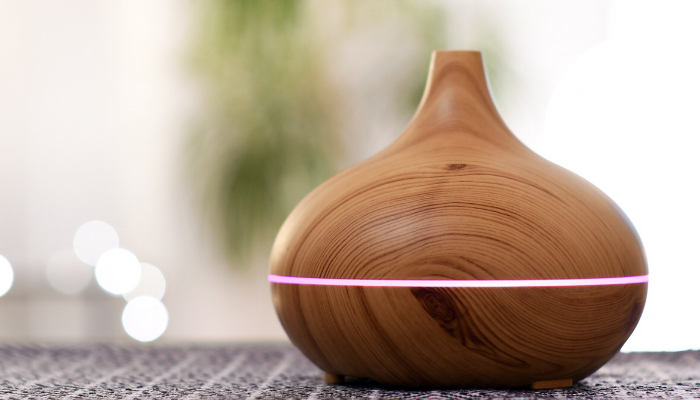By Robert Tisserand, the Tisserand Institute
The use of essential oils on the psyche is a relatively new term in aroma psychology to describe the impact of the oils on the psyche. Some of the structures in the brain are the exact ones that process both memory and emotion, and they are all made up of a complex array of structures called the olfactory system, which controls our sense of smell. We have more of a visceral response to olfaction than we do other senses because smell is the only sense in which messages pass directly to the limbic system ( our emotional brain ) are “unfiltered” by the thalamus. Essential oils are a strong tool because of this and have a variety of emotional benefits and functions.
Targeted memory reactivation
One of the most intriguing aspects of aroma psychology is the potential benefits of smelling odors while you sleep, thanks to a developing field known as targeted memory reactivation ( TMR ). Research in Canada and Germany found that students who used TMR were able to recall lessons ‘ facts much better than those who did not.  ,
While we’re sleep, our brain decides what to remember and what to forget from that day’s experiences. So, if we experience a learning experience ( diffused in the classroom ) and then experience the same odor the next night while drifting off to sleep ( diffused in the bedroom ), this makes the brain remember anything that might have to do with it.
Scent conditioning
Yet without sleep, we can create “anchors” using odors. For example, when you’re on vacation ( and hopefully feeling good ), you can try smelling an essential oil that you’re not familiar with ( therefore no previous associations ) several times a day. When you’re again home, you can smell this oil when you’re stressed, and your body-mind connection will remember how it felt on vacation, alleviating the stress. Use this power lightly, yet— if you smell very much, you may dilute the effect.
However, a American neurologist, Dr. Timothy Betts, used smell conditioning for some of his patients with epilepsy. The anchor was created by means of a relaxing, scented massage. The person would pull out the exact essential oil used in the massage after numerous sessions when they experienced a seizure, and the seizure would typically not occur. Out of 46 participants in the study, 16 were fully seizure-free after 12 months.
Developing sleep and relaxation
People have used nice smells for thousands of years to achieve relaxation. Most essential oils are calming, but there are no particularly stimulant necessary oils. Lavender has been the subject of significant research, so we understand how it works. Lavender increases delta wave activity and the amount of time spent in slow-wave ( deep) sleep by making people fall asleep more easily and by reducing the amount of time spent in deep ( deep) sleep. Various lavender oil studies have shown improved sleep in hospitalized patients, the elder, postpartum mothers, and people with moderate insomnia.
Use essential oils with caution and use them wisely
The primary tenet of aroma psychology is that less is more, despite there being some ground rules. There is also research suggesting that below-threshold odors can influence our behavior, so there’s no need to overdo it. Keep in mind that essential oils also need careful handling despite being made from organic materials. When diving into the world of aroma psychology, it’s essential to have a basic understanding of essential oil safety, but if you do so properly, you’ll discover a wealth of advantages.




